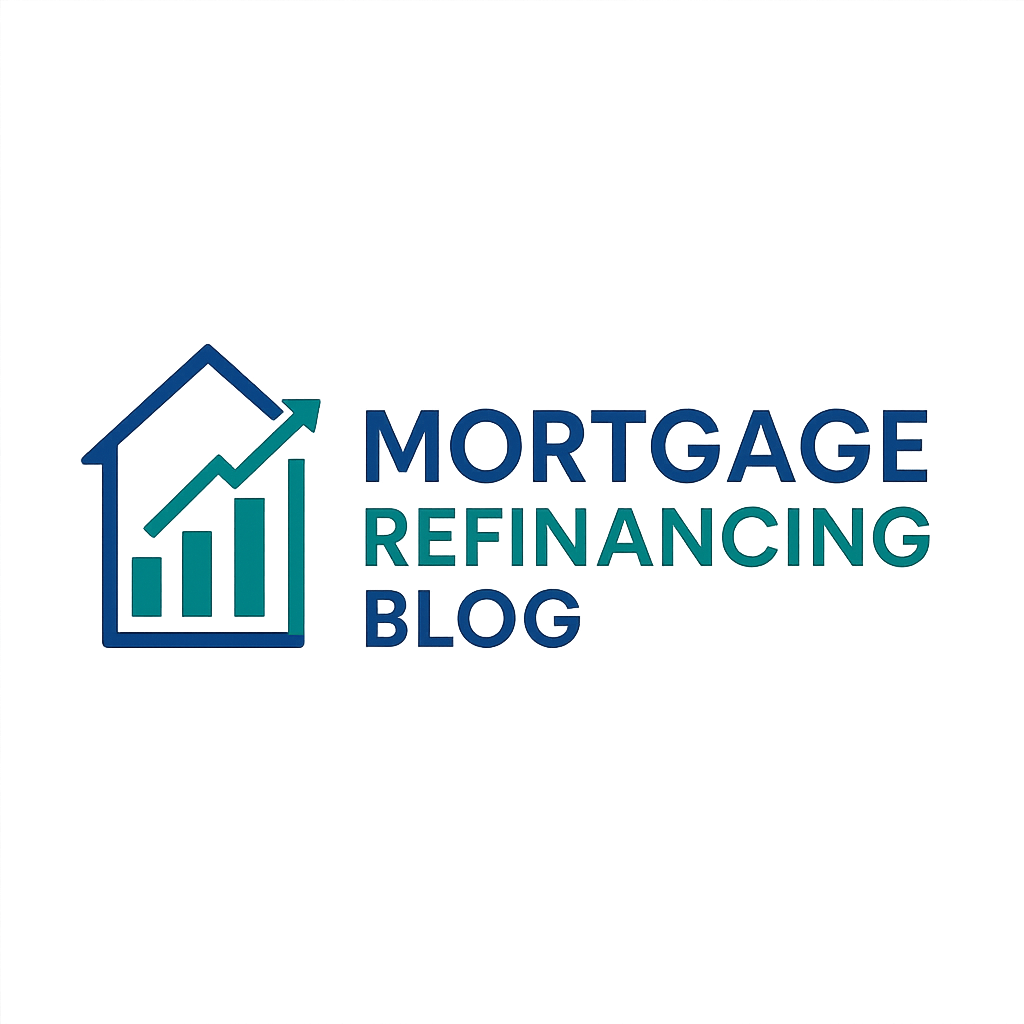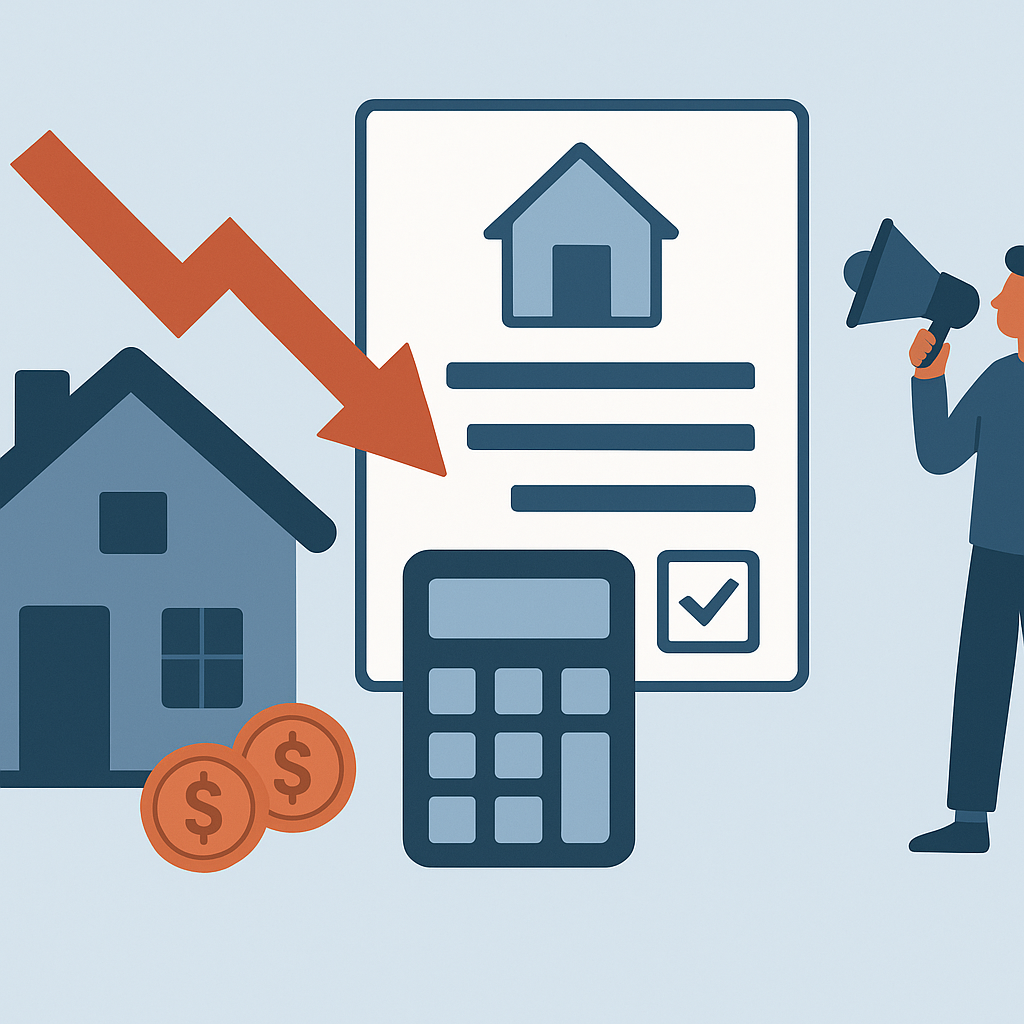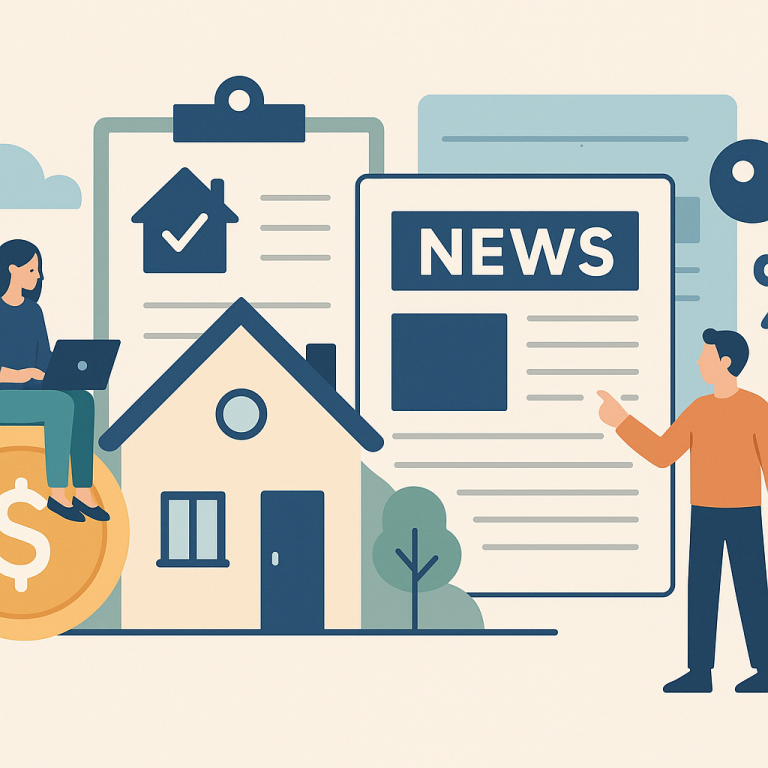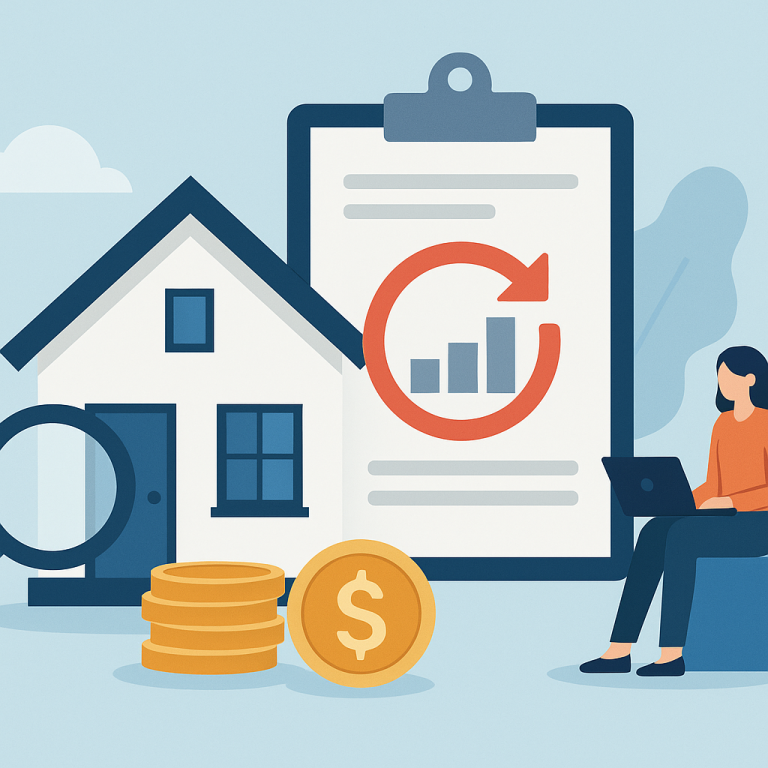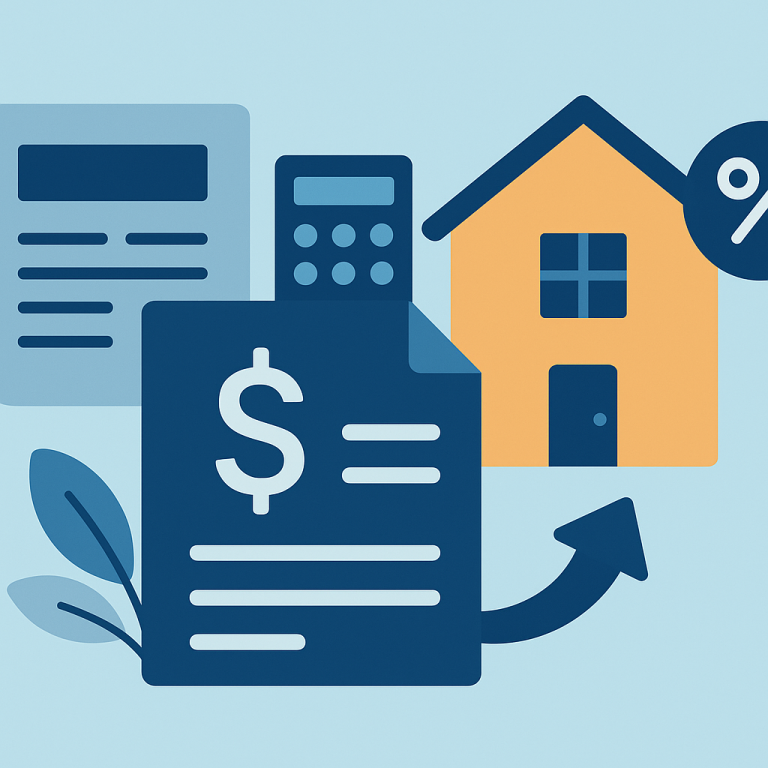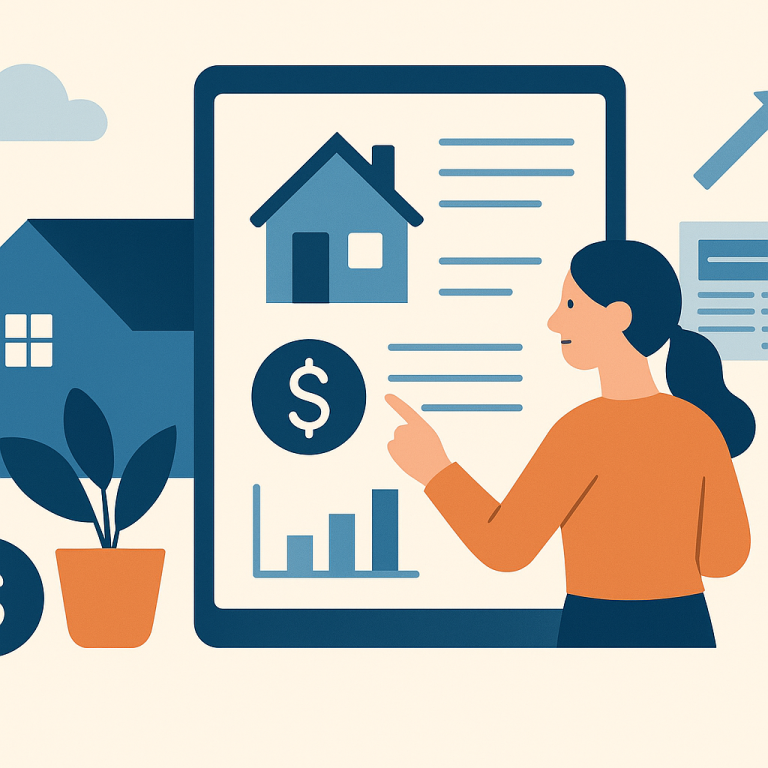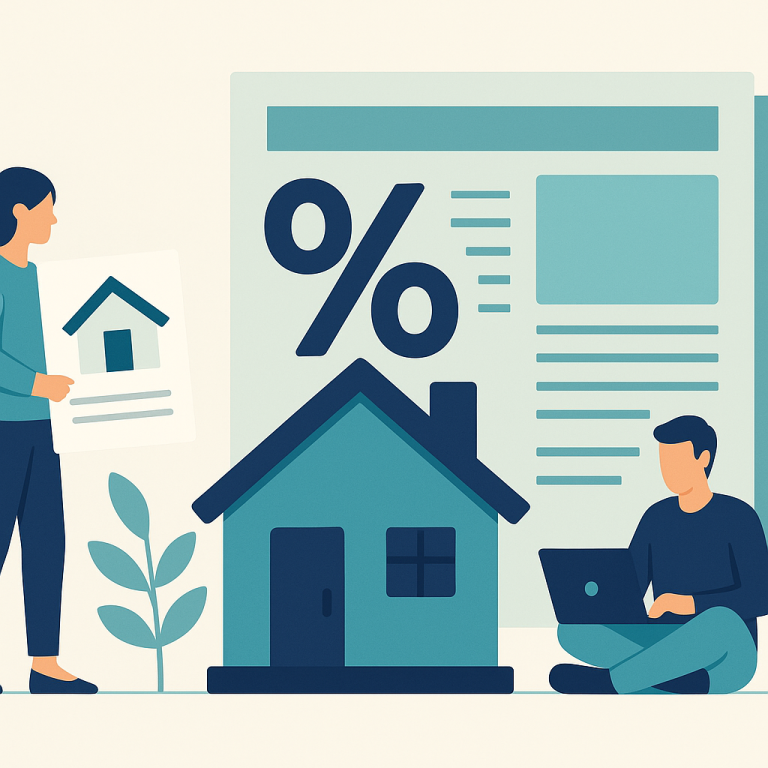MBA Refinance Applications Surge After 30-Year Mortgage Rates Drop Below 6%
Refinance Activity Edges Up as Rates Ease, But Gains Depend on Loan Profile
Mortgage refinance applications have edged higher in recent weeks as headline mortgage rates softened from earlier peaks. The renewed activity reflects a simple dynamic: when borrowing costs fall, homeowners with older loans or higher rates reassess whether refinancing can lower monthly payments, shorten loan terms, or free equity. However, the extent of benefit varies widely by borrower circumstances.
Market watchers note that the current environment is not a broad return to the refinancing boom seen in past cycles. Instead, increases are concentrated among homeowners who still carry comparatively high interest rates, those with significant home equity, and borrowers whose remaining loan terms make savings feasible after accounting for costs. Lenders are receiving more inquiries and prequalification requests, but not every application converts to a completed refinance.
Why savings are uneven
Three factors determine whether refinancing makes financial sense: the rate differential between the current loan and available refinancing options, the closing costs associated with the new loan, and how long the homeowner plans to stay in the property.
- Rate differential: A larger gap between a homeowner’s current rate and prevailing rates makes refinancing more attractive. Small rate improvements can be outweighed by fees and paperwork.
- Closing costs and fees: Typical refinance costs can include appraisal, title, underwriting and loan origination fees. Rolling those costs into the loan reduces immediate out-of-pocket expense but extends the payback period.
- Remaining loan term and time horizon: Shorter remaining terms mean less time to recoup costs; homeowners who plan to move or sell soon may not benefit even if a lower rate is available.
Home equity and credit profile also shape outcomes. Borrowers with stronger credit and higher loan-to-value positions generally secure better rates and more favorable fee structures, improving the odds that refinancing produces meaningful savings.
Common refinance approaches homeowners are using
Borrowers pursue a few distinct refinance goals. Rate-and-term refinances replace an existing mortgage with a new one to capture a lower interest rate or a shorter amortization schedule. Cash-out refinances convert home equity into liquid funds for debt consolidation, home improvement or other uses, but they typically come with higher rates and stricter underwriting. Some qualified borrowers opt for streamlined or no-appraisal refinances offered by some programs to reduce costs and processing time.
Homeowner takeaways
- Run a break-even analysis: Compare expected monthly savings to total refinance costs to estimate how long it will take to recover fees. If the break-even period exceeds your intended time in the home, refinancing may not be worthwhile.
- Shop multiple quotes: Rates and fees vary across lenders. Getting several loan estimates helps identify the most cost-effective option for your situation.
- Consider term and payment strategy: Refinancing to a lower rate while keeping a shorter term can increase monthly payments but reduce interest over the life of the loan. Conversely, extending the term may lower payments but increase total interest paid.
- Check equity and credit status: Sufficient equity and a healthy credit profile improve access to lower rates and reduce the likelihood of higher fees or denial.
- Time your application: Rate momentum and personal circumstances both matter. If rates are volatile, consider locking a rate once you have a competitive offer and are ready to proceed.
As mortgage rates continue to fluctuate, refinancing remains a useful tool for homeowners who qualify and who carefully evaluate costs, timelines and personal financial goals. Those who take a methodical approach—estimating break-even points, comparing offers and aligning loan choice with long-term plans—are most likely to realize meaningful benefits.
META: mortgage refinancing, interest rates, homeowner tips, refinance analysis
